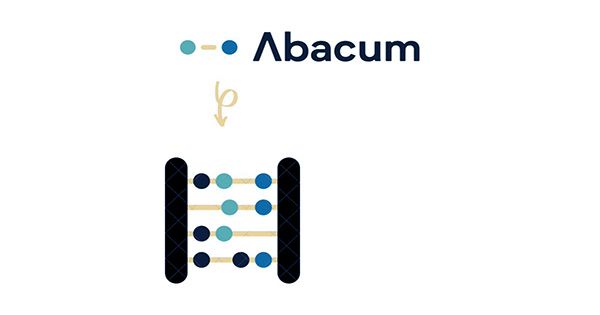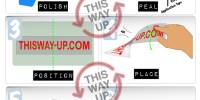Introduction:
A job is defined as a collection of duties and responsibilities which are given together to an individual employee. Job analysis is the process of studying and collecting information relating to operations and responsibilities of a specific job.
Job Analysis is a process to identify and determine in detail the particular job duties and requirements and the relative importance of these duties for a given job. Job Analysis is a process where judgements are made about data collected on a job.
Purpose of job analysis:
job analysis involves collecting and recording job-related data such as knowledge and skills required to perform a job, duties and responsibilities involved, education qualifications and experience required and physical and emotional characteristics required to perform a job in a desired manner.
The following are the benefits of job analysis.
Organizational structure and design :-
Job analysis helps the organization to make suitable changes in the organizational structure, so that it matches the needs and requirements of the organization. Duties are either added or deleted from the job.
Recruitment and selection :-
Job analysis helps to plan for the future human resource. It helps to recruit and select the right kind of people. It provides information necessary to select the right person.
Performance appraisal and training/development :–
Based on the job requirements identified in the job analysis, the company decides a training program. Training is given in those areas which will help to improve the performance on the job. Similarly when appraisal is conducted we check whether the employee is able to work in a manner in which we require him to do the job.
Job evaluation :-
Job evaluation refers to studying in detail the job performance by all individual. The difficulty levels, skills required and on that basis the salary is fixed. Information regarding qualities required, skilled levels, difficulty levels are obtained from job analysis.
Promotions and transfer :-
When we give a promotion to an employee we need to promote him on the basis of the skill and talent required for the future job. Similarly when we transfer an employee to another branch the job must be very similar to what he has done before. To take these decisions we collect information from job analysis.
Career path planning :-
Many companies have not taken up career planning for their employees. This is done to prevent the employee from leaving the company. When we plan the future career of the employee, information will be collected from job analysis. Hence job analysis becomes important or advantageous.
Labour relations :-
When companies plan to add extra duties or delete certain duties from a job, they require the help of job analysis, when this activity is systematically done using job analysis the number of problems with union members reduce and labour relations improve.
Health and safety :–
Most companies prepare their own health and safety, plans and programs based on job analysis. From the job analysis company identifies the risk factor on the job and based on the risk factor safety equipments are provided.
Acceptance of job offer :-
When a person is given an offer/appointment letter the duties to be performed by him are clearly mentioned in it, this information is collected from job analysis, which is why job analysis becomes important.
















